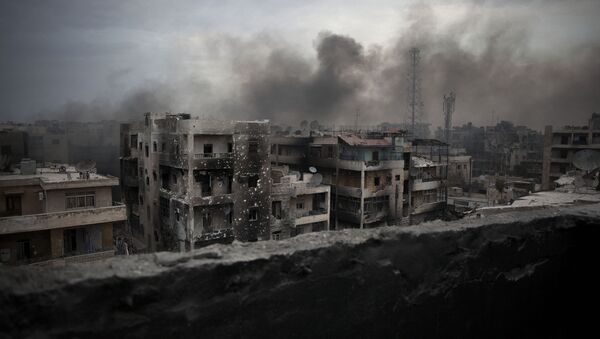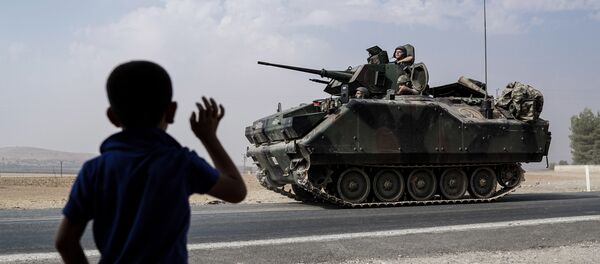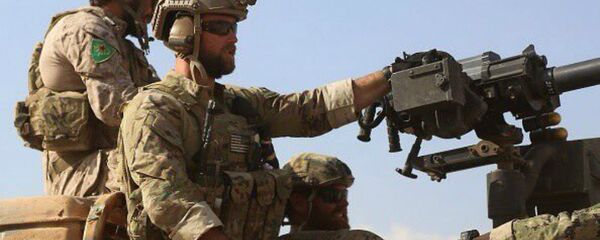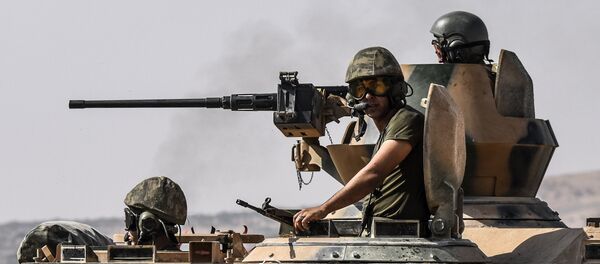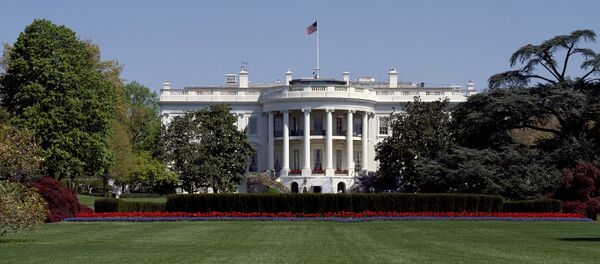“Two of the most important oil markets are located in the Syrian cities of Manbij and al-Bab, both cities are located in the Governorate of Aleppo,” the newspaper says.
“Through the territories of the two cities runs a major pipeline which transports oil from Iraq to Syria, up to Idlib Governorate,” it says.
The same pipeline runs through the territory of the city of Aleppo.
Whoever takes Manbij, takes under control of the oil transportation in Syria, it says.
The same is true for the Syria’s western cities of Aleppo, Idlib and al-Bab. In the east, the same pipeline runs through the cities of Raqqa and Deir ez-Zor.
The oil flowing through the pipeline comes from the Iraqi city of Mosul through Sinjar on to Deir ez-Zor. Its second strand runs from the Iraqi city of al-Qaim to Deir ez-Zor, the outlet says.
“The current battle for Aleppo is viewed as the most decisive in the ongoing conflict: Aleppo is the last major city which the country’s main pipeline runs through,” it says.
“Whoever controls Aleppo, controls the ‘keys’ of the pipeline.”
The newspaper points out that the most intensive fighting between the warring parties is taking place at the key points of the pipeline, namely Raqqa, Deir ez-Zor, Aleppo, Idlib, Manbij in Hasakah, al-Bukamal, Ayn Issa and al-Bab.
Fierce fighting is also going on in the cities of Homs and Hama. And previously the war was raging in Palmyra, the outlet notes. All the settlements are located alongside the planned pipeline route which is set to run from Qatar to Turkey.
The newspaper says that in its turn, Russia is supporting the construction of a gas pipeline that is set to run from Iran through Iraq and Syria, through the city of Homs. Therefore Moscow does not want Homs to fall into the hands of Islamist mercenaries.
The outlet therefore concludes that Russia wants to control western Syria in order to prevent the construction of pro-Western pipelines.
For the US, in its turn, it is important to prevent the construction of pro-Russian pipelines — such as the Iran-Iraq-Syria pipeline in the east.
Besides, there is another proposed pipeline which is supposed to connect Israeli Golan Heights with Turkey through Syrian Damascus.
On condition of the toppling of the Syrian government, Israel would have strengthened its positions as a rising gas supplier, however Russia does not want any competitors in this sector, the newspaper says.
It further refers to the reports of the Caucasus Strategic Research Centre (KAFKASSAM) in Ankara which suggest that the true purpose behind the attempt to set up the so-called "Kurdish corridor" was to transport Kurdish oil and gas from northern Iraq over northern Syria to the Mediterranean Sea.
Thus, it planned to supply Iraqi oil through Turkey and northern Syria further to the West, namely to the European energy market.
However the plan to set up the Kurdish corridor failed because Russia stepped into the Syrian conflict.
Russia is against this corridor because it wants to keep Europe as the major customer of its energy products.
Under no conditions will Russia give up its position on the European market, the newspaper finally states.

